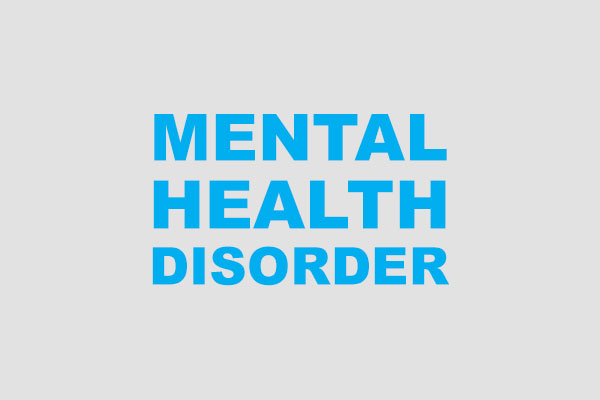What Happens When You Have a Mental Health Disorder and Are Diagnosed with Cancer
by Michelle B. Riba, MD, MS and Donna Murphy, LMSW
Millions of people in the U.S. live with mental health disorders. These include depression, bipolar disorder, anxiety and panic disorders, substance addiction, and eating disorders, among others. What’s more, an untold number of people who have symptoms of a mental disorder remain undiagnosed and untreated. Now, add to that the usual distress that comes with a cancer diagnosis, and it’s no wonder that many cancer survivors worry about how they’re going to manage not just cancer but mental health problems as well.
Talking to Your Doctor about Mental Health
While mental health disorders should be regarded the same as any other medical condition, there still exists a stigma for some people. Because of this, many are reluctant to disclose their mental health history to their oncologist, either hoping that it won’t be a factor in their oncology care or worrying that it may cause their doctors to treat them differently.
To complicate matters further, cancer and its treatment can cause side effects or symptoms that closely resemble those of anxiety and depressive disorders. For example, depression, shares many of the symptoms of common treatment-related side effects, including decreased appetite, poor concentration, fatigue, sadness, irritability, and sleep disturbance. Therefore, it can be difficult to determine if these symptoms signify depression or if they are instead cancer treatment-related. In addition, many cancer survivors may dismiss their emotional needs as they focus on the seemingly more pressing physical concerns. Because of this, cancer survivors may not always be reliable in reporting emotional symptoms.
It’s essential to talk with your oncologist about any psychological challenges you are facing. You should also let them know about your mental health history, including any past depression or other significant mental health problems you’ve faced. Your doctor can help you get the mental health care you need while you’re undergoing cancer treatment.
Depression and other mental health problems can affect your ability to make treatment decisions [and] follow through on treatment recommendations.
Why is this important? Because depression and other mental health problems can affect your ability to make treatment decisions, follow through on treatment recommendations, interact with your family and friends, and get adequate sleep, nutrition, and exercise, among other things that are essential to successful cancer treatment.
Overcoming Mental Health Challenges While Coping with Cancer
Having a chronic mental health condition while also facing cancer poses some unique challenges. Not only must you deal with going to doctor’s appointments, taking medications (and managing their side effects), paying for treatment, and dealing with insurance coverage for your mental health issue, but you then must do all this for cancer as well. This can understandably become very tiring and even overwhelming. And so, sometimes people with mental health disorders stop taking their psychiatric medication, or even stop seeing their mental health professionals, when they are diagnosed with cancer. Neither of which is a good idea.
During this time, you may need to lean on the support of caregivers, family, and friends. Even assistance with simple, practical things (like cleaning, laundry, or shopping) can help lighten your load, allowing you the time and energy to focus on your health – both mental and physical.
Healthy coping mechanisms are important when dealing with cancer. These include exercise or other physical activities (like gardening, yoga, or walking), taking part in social activities that keep you from feeling isolated, eating a healthy diet, listening to music, and participating in spiritual practices. Taking part in activities that boost your energy and mood are essential. What has helped you cope with mental health concerns in the past may also work for you now as a cancer survivor.
After a diagnosis of cancer, it’s easy to let other aspects of your health slide as you shift your focus to dealing with this serious disease. However, your emotional health is just as important as your physical health. And a successful cancer treatment plan will address both.

Dr. Michelle Riba (left) is an associate director of the University of Michigan Comprehensive Depression Center, the founding director of the PsychOncology Program at the U-M Comprehensive Cancer Center, and a professor of psychiatry and director of the Psychosomatic Medicine Fellowship at the U-M Medical School in Ann Arbor, MI.

Donna Murphy (right) is the director of Patient and Family Support Services at the University of Michigan Comprehensive Cancer Center and co-director of the PsychOncology Program.
This article was published in Coping® with Cancer magazine, September/October 2017.


